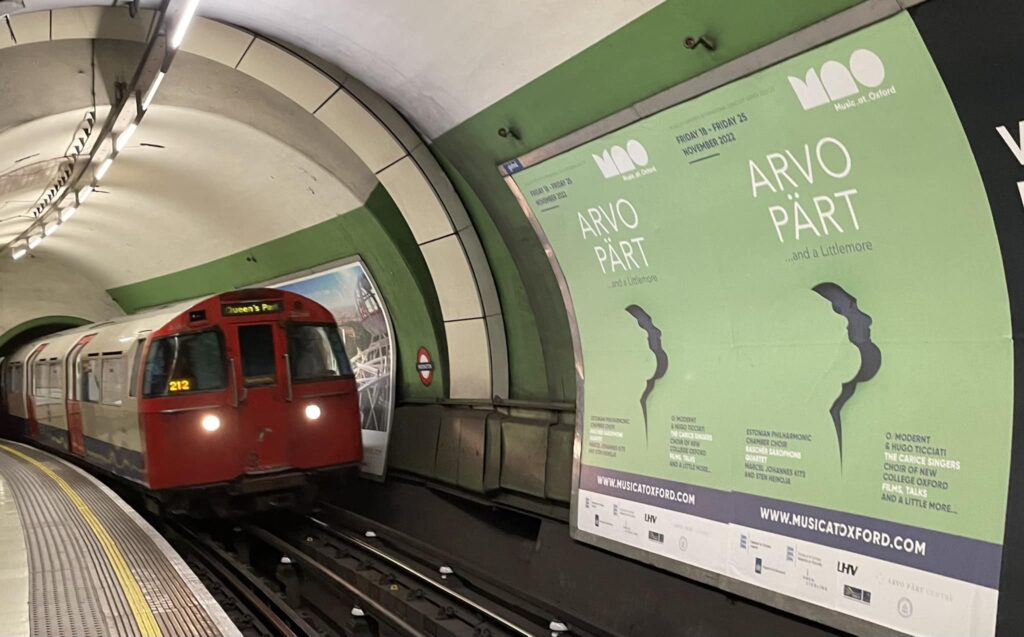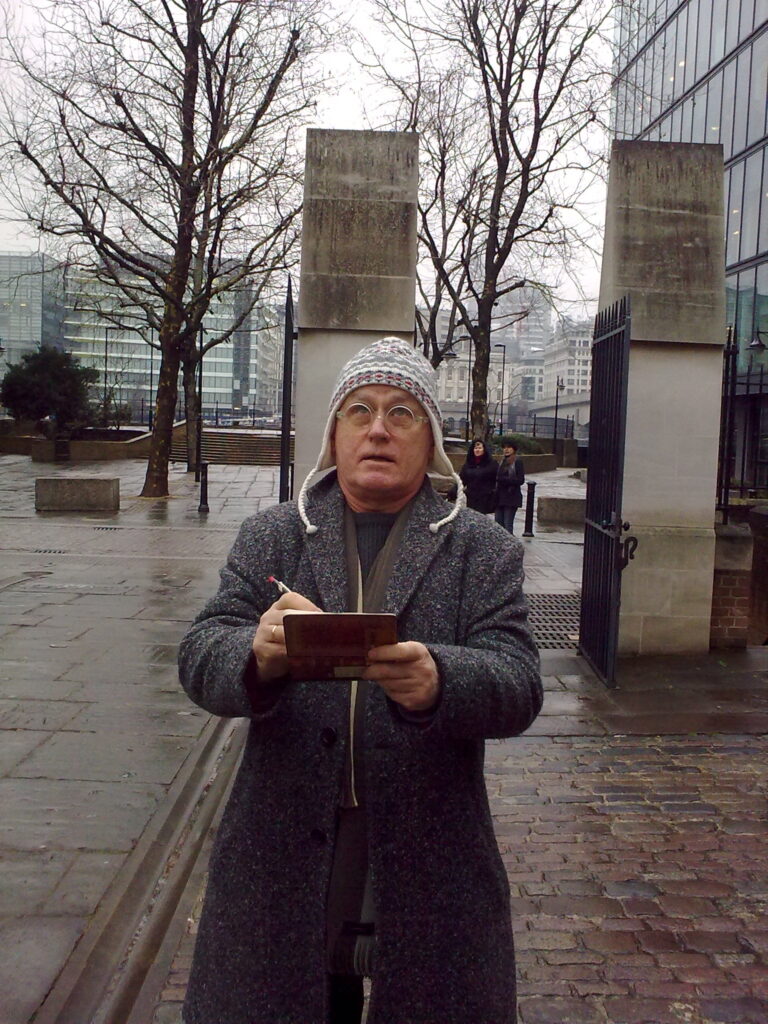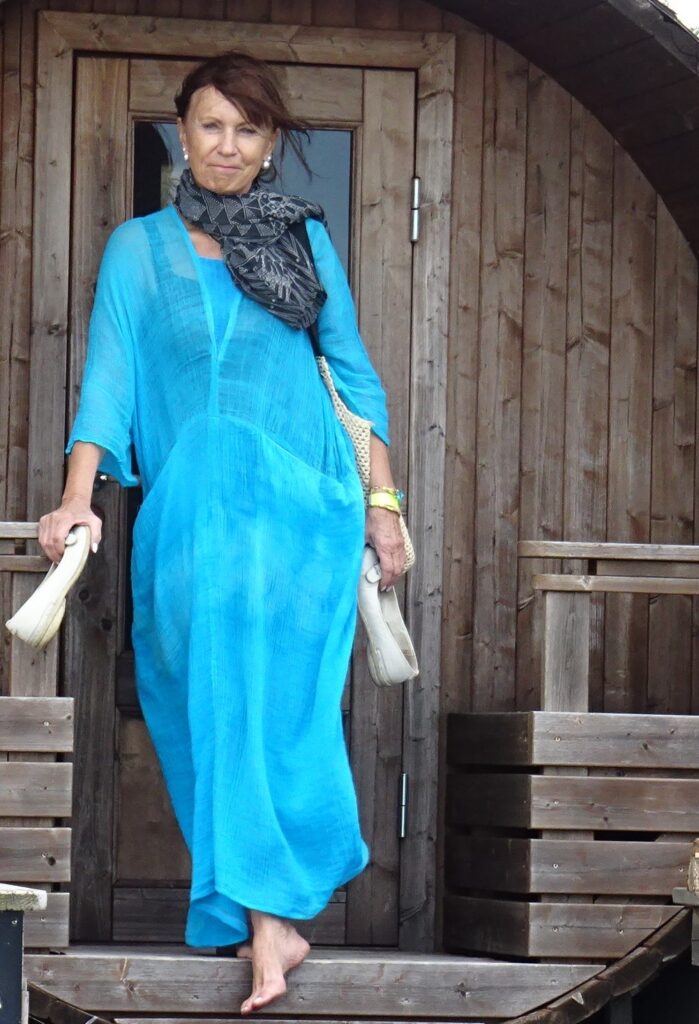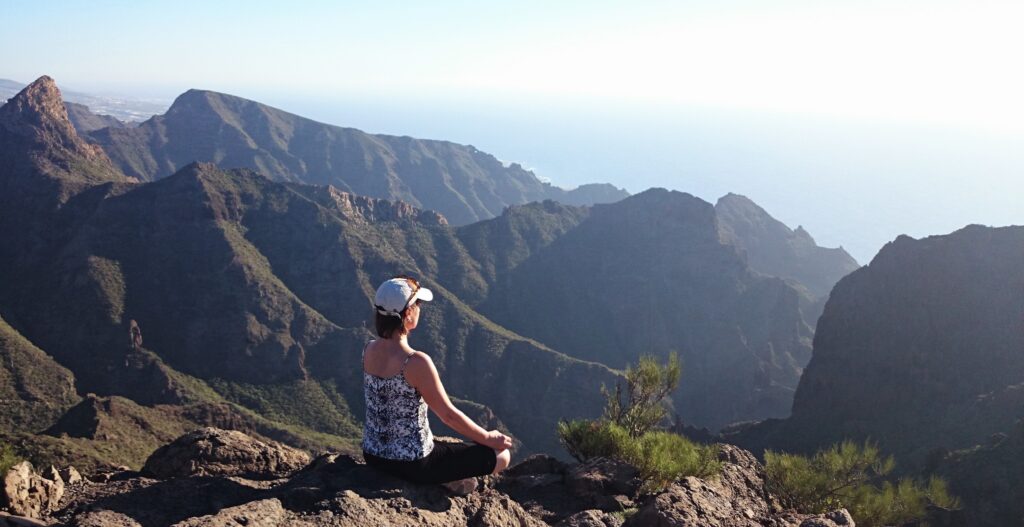Reet Remmel, the former cultural counsellor at the Estonian embassy in London, and currently a yoga teacher, says in an interview with Estonian World that she believes in the possibility of multiple lives within one life and yoga is inward music that gives her a peace of mind; she also shares some of her best cultural experiences of recent times.
I have always admired those who have been able to take on new challenges to enrich their lives. Reet Remmel, who has been fostering international cultural bridges for many years, is one of these people. Maybe because, as she says herself, she believes in the possibility of multiple lives within one life.
A few years ago, she adopted a wholly new role as a yoga teacher. At the same time, she does not miss any worthwhile cultural event, and conversations with her are always inspiring.
You are keeping up to date with cultural life both in Estonia and abroad. How is Estonian musical culture doing in the wide world?
There is not so much in media about our achievements, but it’s going well. Very well.
Knowing that small is beautiful, let’s start with recent big things. The Estonian National Symphony Orchestra ended a substantial tour in France and Germany, the Estonian Philharmonic Chamber Choir opened the Arvo Pärt Festival in Oxford and continued with a tour of Europe. Vox Clamantis returned from a unique performance at St Mark’s Church in Venice. Helena Tulve’s opera “Wolves” had a world premiere in Mecklenburg Opera, Germany.
Many books are translated – for example, Ilmar Taska’s “Pobeda 1946” has been published in fourteen languages. Some really good movies have been produced. There are Estonian events that have achieved a regular position abroad. For example, Mustonenfest in Israel with many Estonian musicians will be held for the tenth time in February 2023.

You were a cultural counsellor at the Estonian embassy in London for seven years, and you still keep an eye on Estonian cultural events there. What exciting things have happened and what could be expected?
Fingers crossed! The grand tour of the Estonian National Symphony Orchestra will take place in May when Olari Elts conducts the orchestra in twelve great British concert halls.
There have been performances of the Estonian Festival Orchestra, conducted by Paavo Järvi, and the Estonian Philharmonic Chamber Choir, on the most renowned stages such as BBC Proms. An exalted spiritual bond of Vox Clamantis and Dhafer Youssef on a tour across England. The Estonian Piano Orchestra, an exceptional ensemble of eight pianists at Kings Place in London. The powerful voices of the Estonian National Male Choir, touring again in the UK this spring.
For many years, our performers have been received in the UK not just with interest, but also with high expectations.
Of course, we must not forget about the wonderful background the Järvi family and the works of Arvo Pärt have provided for Estonian music on world stages.
You have edited dozens of music books, worked at the Estonian culture ministry as an adviser for music affairs, then headed there the department of international relations, then were posted as cultural diplomat at the London embassy. This has all required both resourcefulness and grasp of various cultural scenes. What could be drawn from those times, especially in the field of music?
Looking back to the reforms I was a part of, in the mid-90s, I believe the music field was boosted by modernising the financing system at the ministry. Five different funding programmes were launched in the music field, among these the programme, Estonian Music in the World. Also, the position of composer-in-residence was established.
Creating the positions of cultural counsellors at the embassies around the world was also quite a big challenge. But the time was favourable and then there were many like-minded people at the ministry.
During my years in London, the happiest moments were when Estonian music was elevated to serve as the focal point or the main theme at an important festival. This way it happened at the Sounds New Festival in Canterbury, the City of London Festival, the Vale of Glamorgan Festival and the Swaledale Festival. Estonian music was dominating the Walestonia festivals in 2008 and 2010, with dozens of concerts at each, also in the week-long Eesti Fest at the King Place, one of most vibrant concert hubs in London.
At later times, I remember vividly the major Arvo Pärt concert in the sold-out Carnegie Hall in New York City, which I had the pleasure to help organising from the Estonian side.

You are currently teaching yoga. How have you managed to move to such a completely new field?
I became a yoga instructor in India, the homeland of the art of yoga. By that time, I had been practising yoga for more than 20 years. In addition to India, I also studied yoga in Nepal and London, and attended a Mindful Yoga course at Brown University in the US.
Yoga – like music! – is an art of immersion. For example, let’s contemplate breathing, one of the main pillars of yoga. How to catch the fleeting moment in the cycle of breath, when self-awareness is at its maximum, but thought remains still?
It is estimated that on average a person is visited by around 60 thousand thoughts per day. Unfortunately, most of these thoughts spin unruly. Of the many definitions of yoga, I like most what one of my Indian teachers said: yoga means you control your mind.
In my yoga class at the Estonian Academy of Music, I sometimes say that you breathe in, like taking off with Debussy’s “Moonlight” or “The Girl with the Flaxen Hair”. You approach it with all your perceptions and background knowledge. But exhaling, you land, let go, and you feel grounded.
In music and interpretation, a lot is done with cognition and perception. Same in yoga. It focuses, makes you delve into yourself. And gives you a peace of mind. Yoga is inward music. But not just any kind, but a good one.

The last three years have been difficult for many people. What about yoga classes at the times of the coronavirus pandemic?
I started classes via zoom, and never stopped. It works quite well. And you can participate from anywhere.
I’ve also heard some creative people saying these times offered a chance to delve deeper.
Please share some of your best cultural experiences of recent times.
I was thrilled at the world premiere of “Lalli, or there is a Man in the Middle of the Sea”, an unfinished opera by Veljo Tormis, completed by the talented young composer, Rasmus Puur. This work, brought to life by conductor Tõnu Kaljuste, deserves world stages.
Of course, a lot of interesting things happen around the world, and, together with my husband, Madis Kolk, with whom we’re blessed having many common interests, we’ve been trying to sample some when we can. For instance, by visiting Venice Biennales.

But there are many good events also at home. For example, thanks to the Tallinn Black Nights Film Festival, it was intriguing to discuss the ambiguous message of Ulrich Seidl’s film “Rimini”, or to compare metaphorical tragic donkeys in three arthouse movies (“Au hasard Balthazar”, “EO”, “The Banshees of Inisherin”).
Theatre offers extremes, as ever. The Rakvere-based Baltoscandal festival may sometimes slip over the edge, but it is a good opportunity to observe the theatre trends in the world. On the plus side are for me the productions of the Tallinn-based theatre Theatrum (“The Unattainable Miracle”, “Exit the King”, “Iranian Conference”).
I am fond of a few gourmet cultural publications – Hardo Pajula’s “Maps of Meaning” and August Künnapu’s “Epifanio”. Artium, a brand-new cultural centre in Viimsi suburb is a welcome addition to the theatre events in Tartu and Rakvere and the music and art life in Pärnu. Efforts are also being made with Narva.
A recent surprise: it was astonishing to learn from an outstanding exhibition at the Tartmus, the Tartu Art Museum that there are areas in the legacy of Eduard Wiiralt, our greatest graphic artist, which are yet to be discovered. Such hidden treasures may not show up easily.

